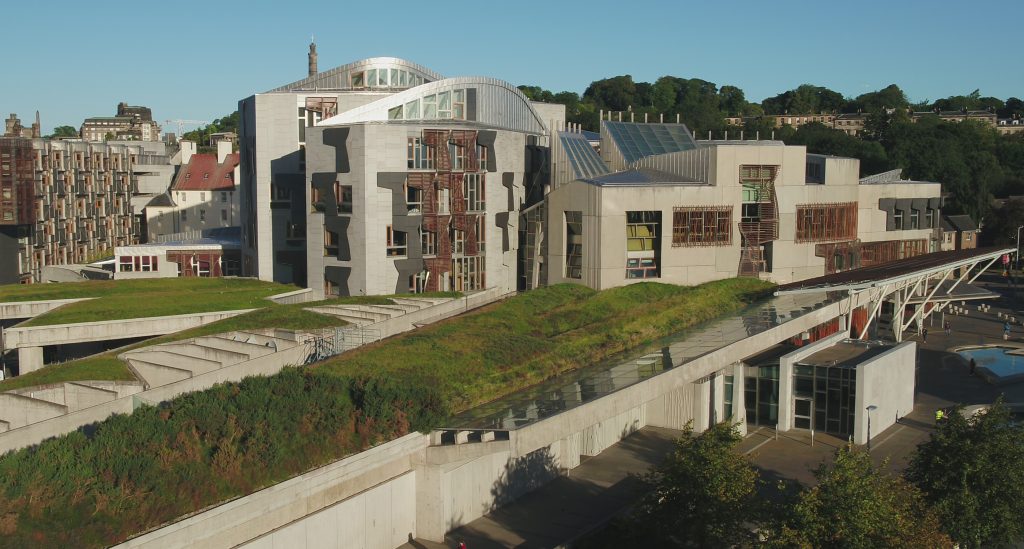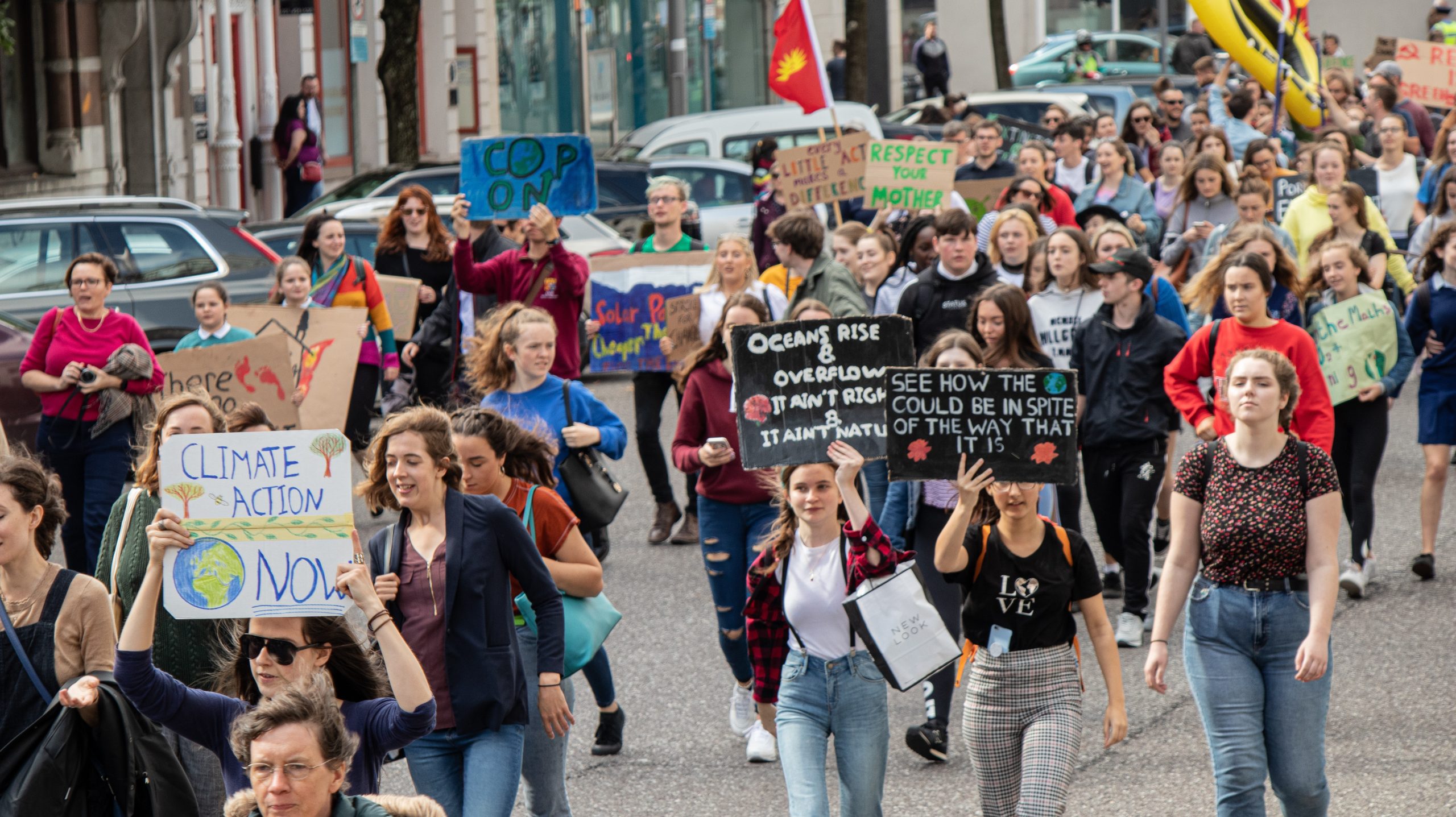“A country must be able to hold its Government accountable and to be able to form the Government that it chooses. Democracy only works if this is respected.”
Democracy is the main pillar of a free state. It empowers the citizens of a nation, giving them a voice to determine the path they wish the country to take.
The undeniable fact is that the UK Parliament in Westminster isn’t an efficient mechanism for Scotland to be able to have its voice heard. This is due to the make-up of the Parliament itself, with only 59 MPs out of a total of 650 representing Scottish constituencies. With less than 10% of the total number Parliamentarians, Scottish MPs votes rarely affect laws being passed.

In 1999, Scotland’s Parliament was reconvened. For the first time in almost 300 years, Scotland had a form of Government that was more representative of social and political attitudes of the country. MSPs were elected using a combination of the archaic First Past The Post system used in the UK Parliament and a more modern Proportional Representation system.
Scotland was now able to pass laws that were supported by a larger proportion of the population. These include:
- Free university tuition
- Free prescriptions
- Free bus travel for under 16’s
- Improved funding for NHS
- Free school meals for primary school children
- Free NHS dental care for under 26 year olds
- A ban on fracking
- Free eye tests
It is hard to disagree – on a fundamental level – that these laws are not considered to benefit the citizens of Scotland, regardless of where you find yourself on the political spectrum. Since reconvening in 1999, the Scottish Parliament has passed laws that show our country to be caring & compassionate, wishing to look after those that choose to live here.
The Scottish Parliament’s powers are protected under the Scotland Act (1999), and were further enhanced in the Scotland Act (2016).
In recent years, however, Scotland’s powers are slowly being eroded and there is a real threat to the democracy we have enjoyed since 1999.
The UK Government has taken the unilateral decision to over-ride some of the powers Scotland’s Parliament has, or has bypassed our Parliament completely.
One example of this is the UK Government’s Internal Market Act (2020), which states “”The UK’s Internal Market is the set of rules which ensures there are no barriers to trading within the UK.”.
This would allow the UK Government to over-rule any laws passed in Scotland that differs from the rest of the UK, affecting trade. Scotland may wish to have lower sugar or salt content in food and drink, or ban certain construction materials from being used. The Internal Market Act would prevent this from happening.
Another example is the UK’s Shared Prosperity Fund. This replaced the funding certain sectors in the UK received from the EU. Previously – as part of the EU – the Scottish Government would determine the allocation of this money, however the UK Government has decided to ignore the Scottish Government and instead has forced individual councils to bid for the money.
For some that support the UK Government, this may not be considered too much of an issue. The argument for over-riding the Scottish Government could be the belief they aren’t doing a good enough job of running the country, or – in the case of the Shared Prosperity Fund – may choose to allocate funding to sectors or policies they disagree with.
This is a flawed position to take. The powers the Scottish Parliament doesn’t have is clearly defined. Everything else is devolved. Just because the UK Government disagrees on a policy in Scotland, it doesn’t mean they should over-rule it.
This is a fundamental truth no matter who is in Government. This is not an SNP vs. Tories issue. Democracy must be respected regardless of who is in power in UK and Scotland.
A country must be able to hold its Government accountable and to be able to form the Government that it chooses. Democracy only works if this is respected. It is up to the citizens of Scotland to decide if it agrees with what the Government of the day is doing. It then casts its opinion during an election. Since 2014 – and certainly since 2016 and the Brexit vote – the UK Government has made it clear democratic decisions in Scotland will only be tolerated if they align with their own views.

A referendum on Scotland’s future as part of the UK has become a battleground between the UK & Scottish Parliament. The UK view is the mere holding of a referendum is “Nicola Sturgeon’s obsession” and is “divisive”. It states “now is not the time” and the idea of holding a referendum has been labelled “barmy”.
The UK’s perspective of democracy is so warped that it believes even the act of holding a democratic event to ascertain the views of the public is obscene. It completely dismisses the mandate of the Scottish Government – a mandate given to it by the citizens of Scotland. By ignoring the Scottish Government, the UK Government is ignoring the Scottish people and ignoring democracy.
Scotland believes in democracy. The only way to safeguard it is with independence.

